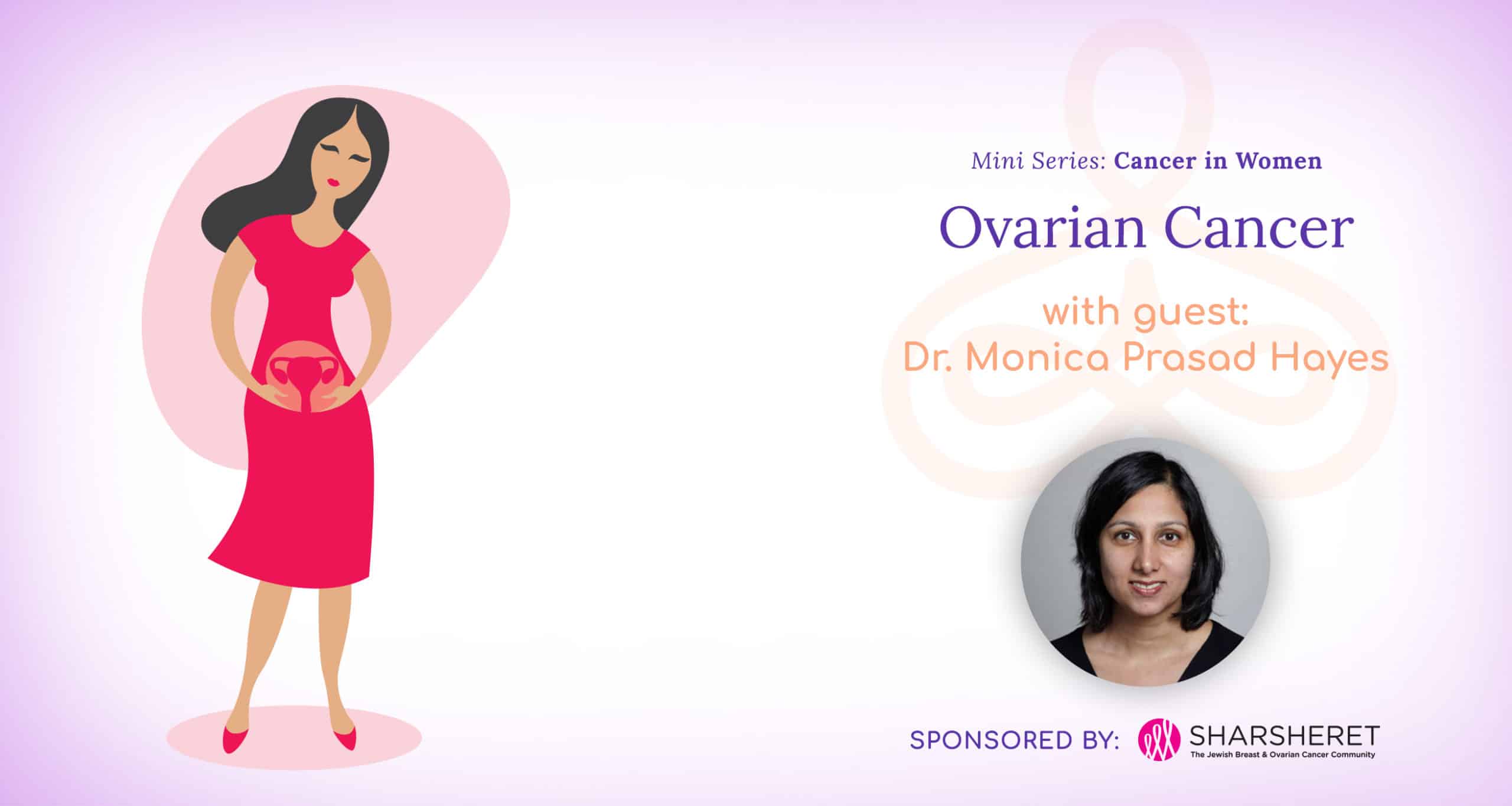On Healthful Woman, GYN Oncologist Dr. Monica Prasad-Hayes explained testing, treatment, and symptoms of gynecological cancers, which includes cervical cancer. In that episode, Dr. Prasad-Hayes and Dr. Fox discussed ovarian cancer, endometrial cancer, and cervical cancer; of these three, cervical cancer is one of the most common. Here, we will review the basics that you should know about cervical cancer.
What are Common Symptoms of Cervical Cancer?
Bleeding is a common symptom of cervical cancer. If you have cervical cancer, you may have spotting between periods, longer or heavier menstrual bleeding, bleeding after menopause, or bleeding after intercourse. Cervical cancer patients may also experience pain during sexual intercourse or persistent pelvic or back pain that they can’t explain. These symptoms may be caused by a wide range of gynecologic conditions, so it’s best to schedule an appointment with your gynecologist as soon as possible if you experience them. It is more likely that you’re suffering from a different condition and do not have cancer, but early diagnosis of cervical cancer is a key to successful treatment.
What Tests Should I Have for Cervical Cancer?
Pap smear tests are the most common screening test for cervical cancer. For most patients, Pap smears are recommended every three years beginning at age 21, assuming that their results come back normal. For patients who have a higher risk or abnormal results, your doctor may recommend a Pap smear as frequently as every 4-6 months.
If your Pap smear returns abnormal results, your doctor will then recommend further testing to determine whether you have cervical cancer. Most patients with abnormal results do not have cancer; for example, HPV can cause abnormal cells that are not cancerous. Your gynecologist will recommend a test such as a colposcopy to find and biopsy abnormal cells on the cervix.
For other types of gynecologic cancer, such as ovarian cancer, Dr. Prasad-Hayes explains that “in [high risk] patients, we have found that transvaginal ultrasounds and the blood marker, CA 125, has been helpful in kind of detecting who may be developing an early cancer.” Like the Pap test, these tests can detect abnormalities which may or may not be cancer. Unlike Pap tests, they are typically only recommended for those who are known to have a higher risk for gynecologic cancer, such as those with a family history of ovarian cancer.
How Is Cervical Cancer Treated?
In terms of treatment, Dr. Prasad-Hayes explains that “especially in today’s medicine, there are so many different options with the same diagnosis.” For cervical cancer patients, treatment may include a combination of surgery, radiation, and chemotherapy. Early-stage cervical cancer is commonly treated with a combination of either surgery or radiation with some chemotherapy, but treatment plans vary.
Schedule an Appointment
To learn more about cervical cancer or to schedule your screening appointment, call Carnegie Women’s Health in New York at (315) 628-7063 or contact us online.

